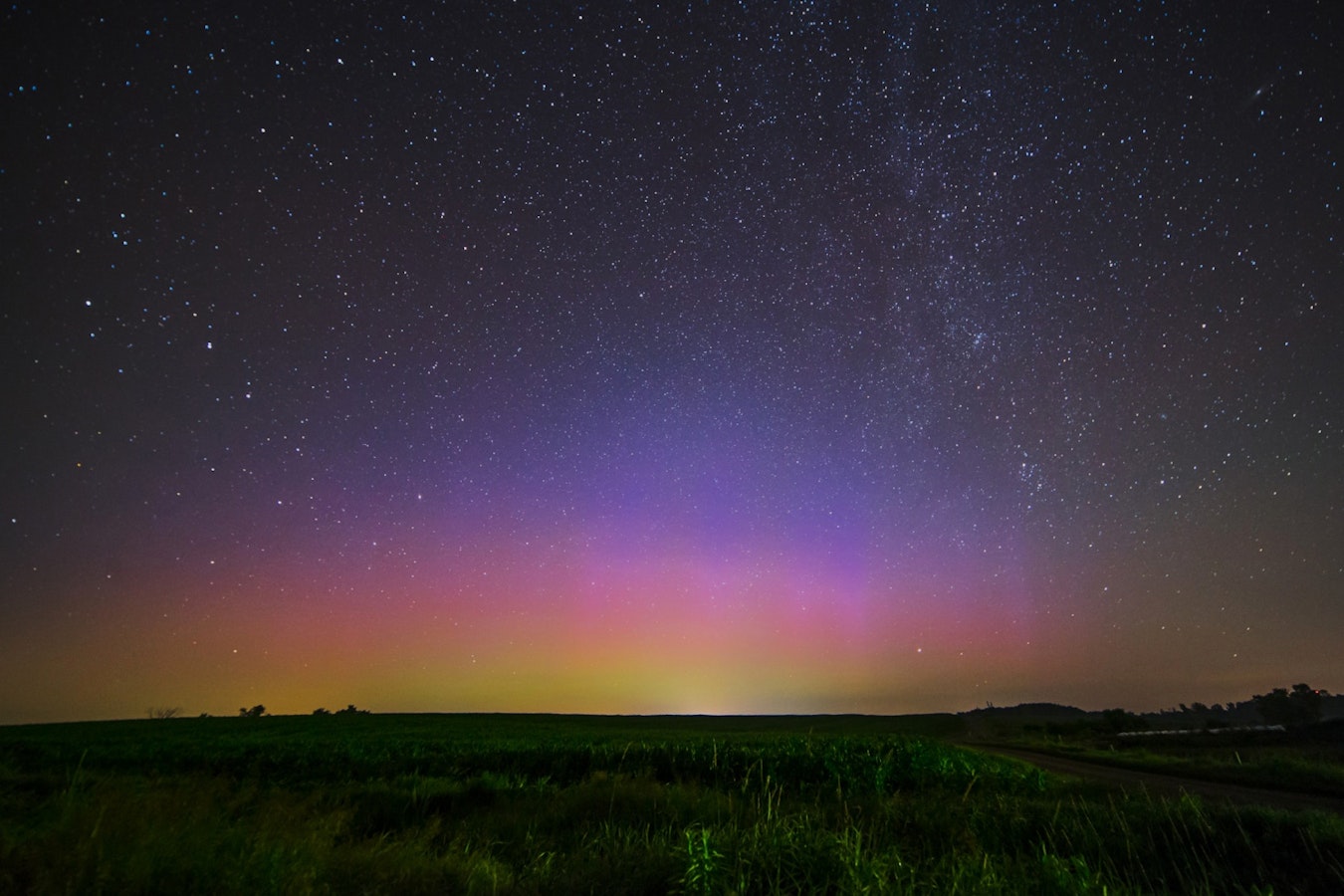The Lord is my shepherd, I shall not want; he makes me lie down in green pastures. He leads me besides still waters; he restores my soul.
The Lord is my shepherd, I shall not want; he makes me lie down in green pastures. He leads me besides still waters; he restores my soul.
David

The Lord Is My Shepherd
Topic: Temperance & Humility
The Lord is my shepherd, I shall not want; he makes me lie down in green pastures. He leads me beside still waters; he restores my soul. He leads me in paths of righteousness for his name’s sake. Even though I walk through the valley of the shadow of death, I fear no evil; for thou art with me; thy rod and thy staff, they comfort me. Thou preparest a table before me in the presence of my enemies; thou anointest my head with oil, my cup overflows. Surely goodness and mercy shall follow me all the days of my life; and I shall dwell in the house of the Lord forever.
The Book of Psalms
Wilson, Andrew, editor. World Scripture - a Comparative Anthology of Sacred Texts. Paragon House, 1991, p. 360 [Psalm 23].
David
Resources
Copyright © 2017 – 2026 LuminaryQuotes.com About Us

Psalm 23
“…I shall not want…” —Ps. 23:1
Richard Rohr writes in his marvelous book Falling Upwards, “God seems to be about turning our loves around and using them toward the great love that is their true object.” If only we can avoid making the world a worse place in the meantime of this process.
And so I pray the words of David as a blessing over us—as a prophetic announcement and prediction: we shall not want. May our needs, our lack, our poverty be filled by the One who made heaven and earth. May we live so tightly in community that we don’t confuse lack with vanity. May we be humbled by this One—that we can yet see how we are beggars and don’t even realize it. And may even that unacknowledged want also be filled. Amen.
—Kristopher Loewen “…I shall not want…” -Ps. 23:1 [http://www.krisloewen.com/writing-blog/2016/4/12/i-shall-not-want (Apr 12, 2016)].
Fr. Richard Rohr, the Psalms
“Poet Kathleen Norris writes of her experience singing the psalms three times a day as a guest in a Benedictine monastery:
The psalms demand engagement, they ask you to read them with your whole self, praying, as St. Benedict says, “in such a way that our minds are in harmony with our voices.” … You come to the Bible’s great “book of praises” through all the moods and conditions of life, and while you may feel like hell, you sing anyway. To your surprise, you find that the psalms do not deny your true feelings but allow you to reflect on them…
But to the modern reader the psalms can seem impenetrable: how in the world can we read, let alone pray, these angry and often violent poems from an ancient warrior culture? At a glance, they seem overwhelmingly patriarchal, ill-tempered, moralistic, vengeful, and often seem to reflect precisely what is wrong with our world. And that’s the point or part of it. As one reads the psalms every day, it becomes clear that the world they depict is not really so different from our own; the fourth-century monk Athanasius wrote that the psalms “become like a mirror to the person singing them.” … The psalms remind us that the way we judge each other, with harsh words and acts of vengeance, constitutes injustice, and they remind us that it is the powerless in society who are overwhelmed when injustice becomes institutionalized…
In expressing all the complexities and contradictions of human experience, the psalms act as good psychologists. They defeat our tendency to try to be holy without being human first.
The Psalms—like all great art—lead us to a truer image of ourselves, reality, and God.
—Fr. Richard Rohr, OFM, the Center for Action and Contemplation [The Psalms Sunday, May 20, 2018].
Eugene Peterson, the Psalms
“According to the Psalms, the primary use of prayer is not for expressing ourselves but for becoming ourselves—and we cannot do that alone.”
—Eugene Peterson, pastor, and writer of The Message [Bono & Eugene Peterson, Fuller Studio].